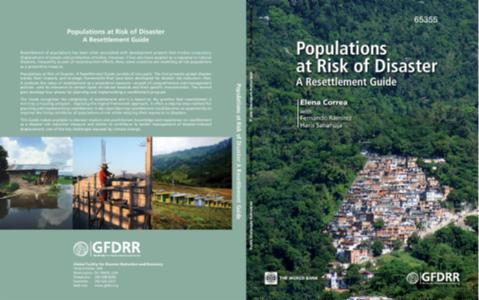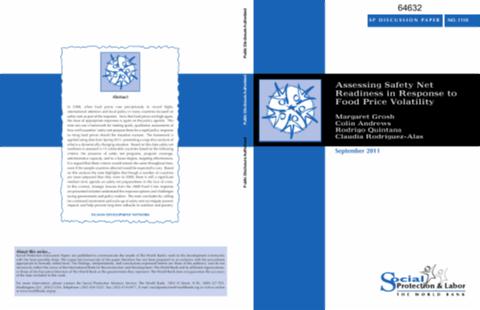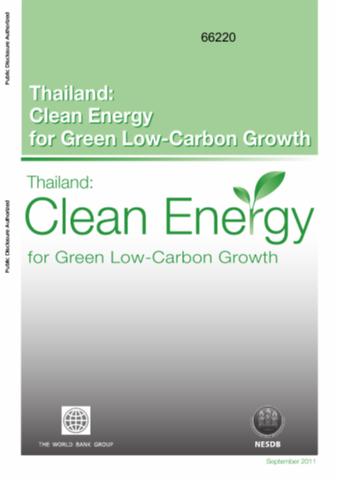The World Bank is a vital source of financial and technical assistance to developing countries around the world. We are not a bank in the ordinary sense but a unique partnership to reduce poverty and support development. The World Bank Group has two ambitious goals: End extreme poverty within a generation and boost shared prosperity.
- To end extreme poverty, the Bank's goal is to decrease the percentage of people living on less than $1.25 a day to no more than 3% by 2030.
- To promote shared prosperity, the goal is to promote income growth of the bottom 40% of the population in each country.
The World Bank Group comprises five institutions managed by their member countries.
The World Bank Group and Land: Working to protect the rights of existing land users and to help secure benefits for smallholder farmers
The World Bank (IBRD and IDA) interacts primarily with governments to increase agricultural productivity, strengthen land tenure policies and improve land governance. More than 90% of the World Bank’s agriculture portfolio focuses on the productivity and access to markets by small holder farmers. Ten percent of our projects focus on the governance of land tenure.
Similarly, investments by the International Finance Corporation (IFC), the World Bank Group’s private sector arm, including those in larger scale enterprises, overwhelmingly support smallholder farmers through improved access to finance, inputs and markets, and as direct suppliers. IFC invests in environmentally and socially sustainable private enterprises in all parts of the value chain (inputs such as irrigation and fertilizers, primary production, processing, transport and storage, traders, and risk management facilities including weather/crop insurance, warehouse financing, etc
For more information, visit the World Bank Group and land and food security (https://www.worldbank.org/en/topic/agriculture/brief/land-and-food-security1
Resources
Displaying 4576 - 4580 of 4907Populations at Risk of Disaster
This book is designed for governments that make decisions on the application of preventive resettlement programs as disaster risk reduction measures, as well as for institutions and professionals in charge of preparing and implementing these programs, civil society organizations participating in resettlement and risk reduction processes, and at-risk communities.
The Drought and Food Crisis in the Horn of Africa
This policy note provides an assessment of some of the impacts and proposed policy responses to problems related to the drought, including the rise in food prices. To address immediate needs, the humanitarian response to the drought is being managed by the Government of Kenya and a number of international organizations including the World Food Program (WFP), the Food and Agriculture Organization (FAO), and the United Nations Children's Fund (UNICEF).
Housing Market and Labor Mobility
Labor mobility is determined by a whole set of different factors, but housing market is clearly one of the most important ones. Individuals do not make employment decisions without taking into account options of housing market. Economy constantly changes and diverse opportunities arise in different locations at different points of time. Badly functioning housing market can cause low labor mobility and restrain the ability of employers to match vacancies in specific locations. The issue of labor mobility is especially vital for developing countries.
Assessing Safety Net Readiness in Response to Food Price Volatility
In 2008, when food prices rose precipitously to record highs, international attention and local policy in many countries focused on safety nets as part of the response. Now that food prices are high again, the issue of appropriate responses is again on the policy agenda. This note sets out a framework for making quick, qualitative assessments of how well countries' safety nets prepare them for a rapid policy response to rising food prices should the situation warrant.
Thailand
Thailand needs to avoid the high-carbon growth path of many developed countries and, instead, take a low-carbon growth path. A green low-carbon growth path is in Thailand's own interest as it can simultaneously tackle local environmental degradation, global climate change, and energy security challenges. It can also position Thailand as a regional leader in green, sustainable growth.










